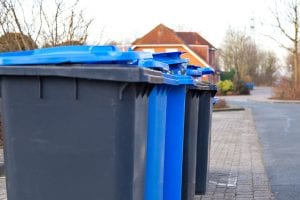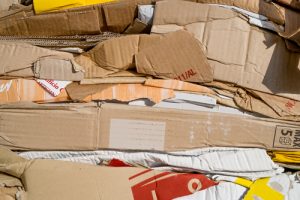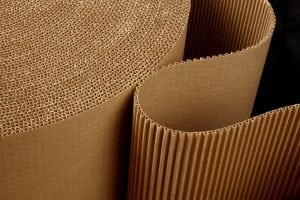 Scrap plastic shipments to Malaysia will be subject to new restrictions in the coming weeks, as the country follows through on its vow to get a handle on skyrocketing imports.
Scrap plastic shipments to Malaysia will be subject to new restrictions in the coming weeks, as the country follows through on its vow to get a handle on skyrocketing imports.

 Scrap plastic shipments to Malaysia will be subject to new restrictions in the coming weeks, as the country follows through on its vow to get a handle on skyrocketing imports.
Scrap plastic shipments to Malaysia will be subject to new restrictions in the coming weeks, as the country follows through on its vow to get a handle on skyrocketing imports.
 Toronto-based GFL Environmental has entered a merger agreement with Raleigh, N.C.-headquartered Waste Industries.
Toronto-based GFL Environmental has entered a merger agreement with Raleigh, N.C.-headquartered Waste Industries.
 A major Chinese paper company will add recycled pulp production lines at two U.S. virgin fiber mills it purchased earlier this year, and both will consume mixed paper and OCC.
A major Chinese paper company will add recycled pulp production lines at two U.S. virgin fiber mills it purchased earlier this year, and both will consume mixed paper and OCC.
 A year after an online scrap plastics trading marketplace launched, an executive at the startup offered insight into where material is moving in the aftermath of China’s ban.
A year after an online scrap plastics trading marketplace launched, an executive at the startup offered insight into where material is moving in the aftermath of China’s ban.
 Decades ago, Michael Patton was among the first activists to push for recycling in Tulsa, Okla. A self-described “green gospel person,” he preached recycling and environmentalism to various groups and civic leaders.
Decades ago, Michael Patton was among the first activists to push for recycling in Tulsa, Okla. A self-described “green gospel person,” he preached recycling and environmentalism to various groups and civic leaders.
![]()
A major U.S. recycled paper end user will begin accepting fiber bales that contain foodservice packaging at its mills across the country.
 An idled Washington newsprint mill will reopen to produce containerboard from recycled feedstock.
An idled Washington newsprint mill will reopen to produce containerboard from recycled feedstock.
